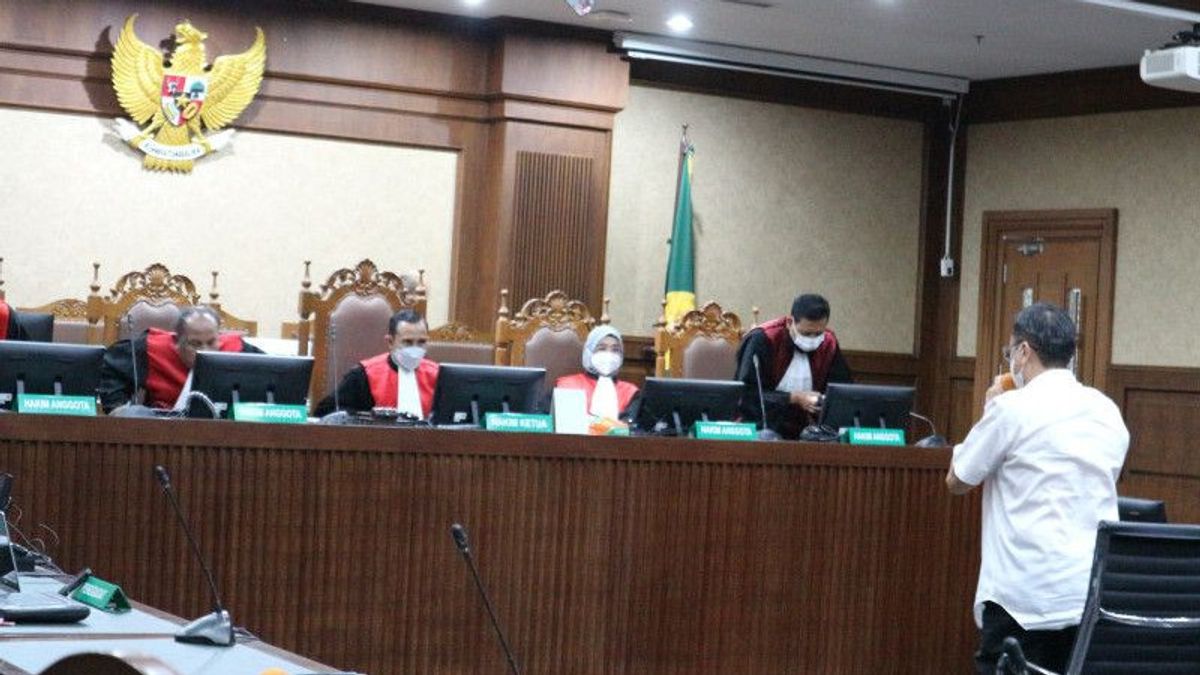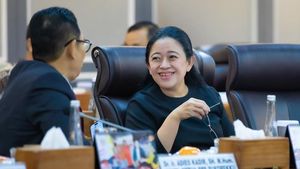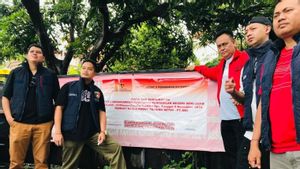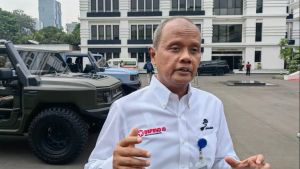The panel of judges at the Jakarta Corruption Court confirmed that the public prosecutor of the Attorney General's Office did not initially charge the defendant with the death penalty against the alleged corruption in the management of PT Asabri's funds and the money laundering of Benny Tjokrosaputro.
"That since the beginning the public prosecutor has never accused the defendant of Article 2 paragraph 2 of Law Number 31 of 1999 as amended by Law Number 20 of 2001 concerning the Eradication of Criminal Acts of Corruption so that the panel of judges cannot prove the elements of Article 2 paragraph 2 of the Anti-Corruption Law. However, the panel only proved article 2 paragraph 1 of the Corruption Eradication Law," said Chief Justice Ignatius Eko Purwanto at the trial at the Jakarta Corruption Court, Antara, Thursday, January 12.
The Attorney General's Office has charged Benny Tjokrosaputro with the death penalty and the obligation to pay compensation of IDR 5.733 trillion.
However, the panel of judges consisting of Ignatius Eko Purwanto, Saifuddin Zuhri, Teguh Santoso, Ali Mukhtarom, and Mulyono DWi Puryanto determined the sentence of nil and the payment of compensation of Rp. 5.733 trillion to Benny Tjokrosaputro.
"The indictment is a limitation and reference in the proof and decision-making in a criminal act. In accordance with Article 182 paragraph 4 of the Criminal Procedure Code which states that the judge's deliberation must be based on an indictment and everything that is proven in court. With the word'must', the verdict handed down must not come out of the indictment and everything that is proven in the examination at trial, "said the judge.
According to the judge, the indictment is a clear fence or limitation in examining at trial for the parties.
"For the public prosecutor not to exceed the authority, for the defendant and his legal advisers, they can have the opportunity to prepare themselves to defend themselves, and for the panel of judges to walk in a legal corridor that remains in legal signs," Ali explained.
In this case, according to the panel of judges, the death penalty stipulated in Article 2 paragraph (2) of Law Number 31 of 1999 as amended by Law Number 20 of 2021 concerning the Eradication of Criminal Acts of Corruption also requires certain conditions.
"Article 2 paragraph 2 of the Anti-Corruption Law in terms of corruption as referred to in paragraph 1 under certain circumstances, the death penalty can be imposed. Certain situations are as eradication for criminal acts of corruption if the state is in a state of danger as is the law that applies during a national natural disaster, repetition of criminal acts of corruption and during a country's time in an economic and monetary crisis," added the judge.
Benny Tjokrosaputro was sentenced to life on October 16, 2020 by the Central Jakarta District Court and strengthened by the Jakarta High Court and the Supreme Court which has permanent legal force.
On this decision, the Public Prosecutor and legal adviser Benny Tjokrosaputro expressed their thoughts for seven days.
"We think about it first, yes, we respect the judge's decision. We think about it for seven days to state our position later," said member of the prosecutor team at the Attorney General's Office Sophan.
Meanwhile, Benny Tjokro's legal adviser, Aditya Warman Santoso, also stated the same thing.
"We are still thinking about it. We'll see more from the appeal, if someone is submitted or not. There has been no (compared) decision because our clients are still thinking about it," said Aditya.
He will also still discuss further legal action with his client.
"Please ask the client directly. We are the attorney, we are still looking at it and we will still communicate with our client what the next steps will be taken by our client as a principal," said Aditya.
The English, Chinese, Japanese, Arabic, and French versions are automatically generated by the AI. So there may still be inaccuracies in translating, please always see Indonesian as our main language. (system supported by DigitalSiber.id)
Most Popular Tags
#Prabowo Subianto #New Year #Syria #nataru #NatalPopular
18 Desember 2024, 07:25
18 Desember 2024, 00:27
18 Desember 2024, 12:10













